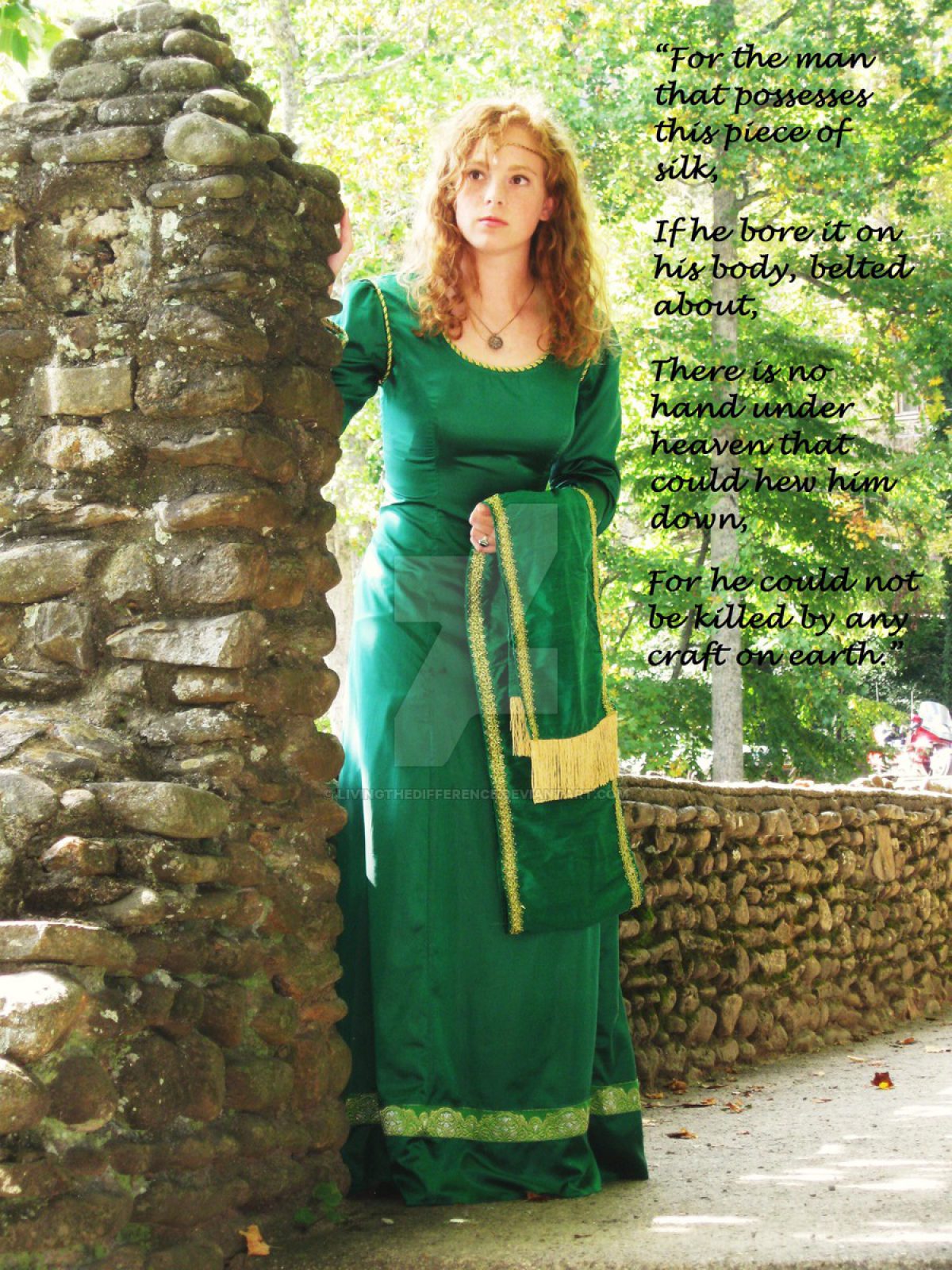
First folio of Sir Gawain and the Green Knight, British Library MS Cotton Nero A.x.
Tolkien and Historical Criticism: An Issue of Method
Historical criticism was historically conceived first of all as a method of Biblical Studies, also being called “higher criticism,” and being first traced to the philosopher Baruch Spinoza (1632-1677). During the Enlightenment, Biblical criticism commonly applied the term “higher criticism” to mainstream scholarship in contrast to “lower criticism” (textual criticism). Historical criticism required the detachment of the scholar from devotion to the object of their study and, as such, at first it was opposed by the Catholic Church.
In the middle of the 20th century, however, such attitudes changed. The Instruction on the Historical Truth of the Gospels (21 April 1964) by the Pontifical Biblical Commission textually confirmed the legitimacy of the historical-critical method, describing its exegetical traits as source analysis, textual criticism, literary criticism, linguistic studies, and the method of form history. The 19th century approach to higher criticism in Classical Studies similarly renounced attempts to provide ancient religion with modern sense and applicability to focus instead on the collection and chronological ordering of the sources. This way, historical criticism came to be applied to any text: Biblical, Classical, Byzantine, Medieval, Eastern, or other.
Tolkien was well aware of the history of historical criticism, since he referred to textual criticism of the Bible in his Valedictory Address to Oxford University: “I have once or twice, not so long ago, been asked to explain or defend this language [Middle English]: to say (I suppose) how it can possibly be profitable or enjoyable. [. . .] To compare the less with the greater, is not that rather like asking an astronomer what he finds in mathematics? Or a theologian what is the interest of the textual criticism of Scripture?” (MC 237, emphasis original).
It is important to clarify that Tolkien never objected anything to the methodology of historical criticism. His remarks on Beowulf in his 1936 lecture Beowulf: The Monsters and the Critics are not aimed at historical criticism. There, Tolkien rather objects to a literary work that he considers a masterwork being studied exclusively as an historical document and not as a literary text:
The historian’s search is, of course, perfectly legitimate, even if it does not assist criticism in general at all (for that is not its object), so long as it is not mistaken for criticism. To Professor Birger Nerman as an historian of Swedish origins Beowulf is doubtless an important document, but he is not writing a history of English poetry. Of the second case it may be said that to rate a poem, a thing at the least in metrical form, as mainly of historical interest should in a literary survey be equivalent to saying that it has no literary merits, and little more need in such a survey then be said about it. But such a judgement on Beowulf is false. (MC 7)
In other words, Tolkien is here distinguishing pure history from historical criticism. There is no doubt that by criticism he means historical criticism, because he admits that the historian’s search is helpful to criticism. Besides, Tolkien’s own study of Beowulf was historical. He was interested, among other things, in the dating of the poem, the reconstruction of the identity of the author, textual criticism, and the relations of the poem with other Old English and Germanic works. In his studies on Sir Gawain and the Green Knight, similarly, Tolkien was concerned with the dating of the poem, the identity of the author, textual criticism, and sources and analogues. And the same applies to his studies on Chaucer, with due distinctions. Despite his own protests at being defined a critic (Letters 126, no. 113), then, Tolkien undoubtedly was a historical critic.
While this observation does not directly implicate that historical criticism is the best way to study Tolkien, it is certainly noteworthy. In 2023, contrarily to the idea, Tom Emmanuel suggested that critics bypass Tolkien the author in the study of his works, referring to Michel Foucault’s problematic notion of the author-function:
In everyday speech we are used to talking about an author quite transparently as the historically specific writer of a given text. [. . .] Foucault problematizes this simple equation with his formulation of the author-function. The name of an author is not simply a proper noun with a single, identifiable referent; it is a frame for the texts which are ascribed to it, a heuristic “to group together a certain number of texts, define them, differentiate them from and contrast them to others.”. (Emmanuel 2023: 34)
The unintended irony implicit in the suggestion to bypass Tolkien the author is that it recommends forsaking the methodology of historical criticism for the sake of avoiding to idolize the author when historical criticism is a methodology that was born after the effort to de-idolize the Bible. Emmanuel is then saying that what it takes to desecrate the Bible not only is not sufficient to desecrate Tolkien, but it actually consecrates him. According to Emmanuel, it follows, Tolkien is not as sacred as the Bible, but more. The problem is not addressed at all in Emmanuel’s article, and yet it undermines its very premises of opposing the sacralization of Tolkien. As a consequence, I think that Emmanuel’s criticism of the application of historical criticism to Tolkien is untenable and historical criticism remains the preferable methodology to be applied to Tolkien’s works.
Abbreviations
Letters = The Letters of J.R.R. Tolkien
MC = The Monsters and the Critics
Works Cited
Emmanuel, Tom. 2023. “”It Is ‘About’ Nothing But Itself”: Tolkienian Theology Beyond the Domination of the Author.” Mythlore, Vol. 42, No. 1, Article 3, pp. 29-53. https://dc.swosu.edu/mythlore/vol42/iss1/3/. Accessed 22 April 2024.
Tolkien, John Ronald Reuel. The Letters of J.R.R. Tolkien. Edited by Humphrey Carpenter. Harper Collins, 1995.
Tolkien, John Ronald Reuel. The Monsters and the Critics. Edited by Christopher Tolkien. Harper Collins, 2013.
